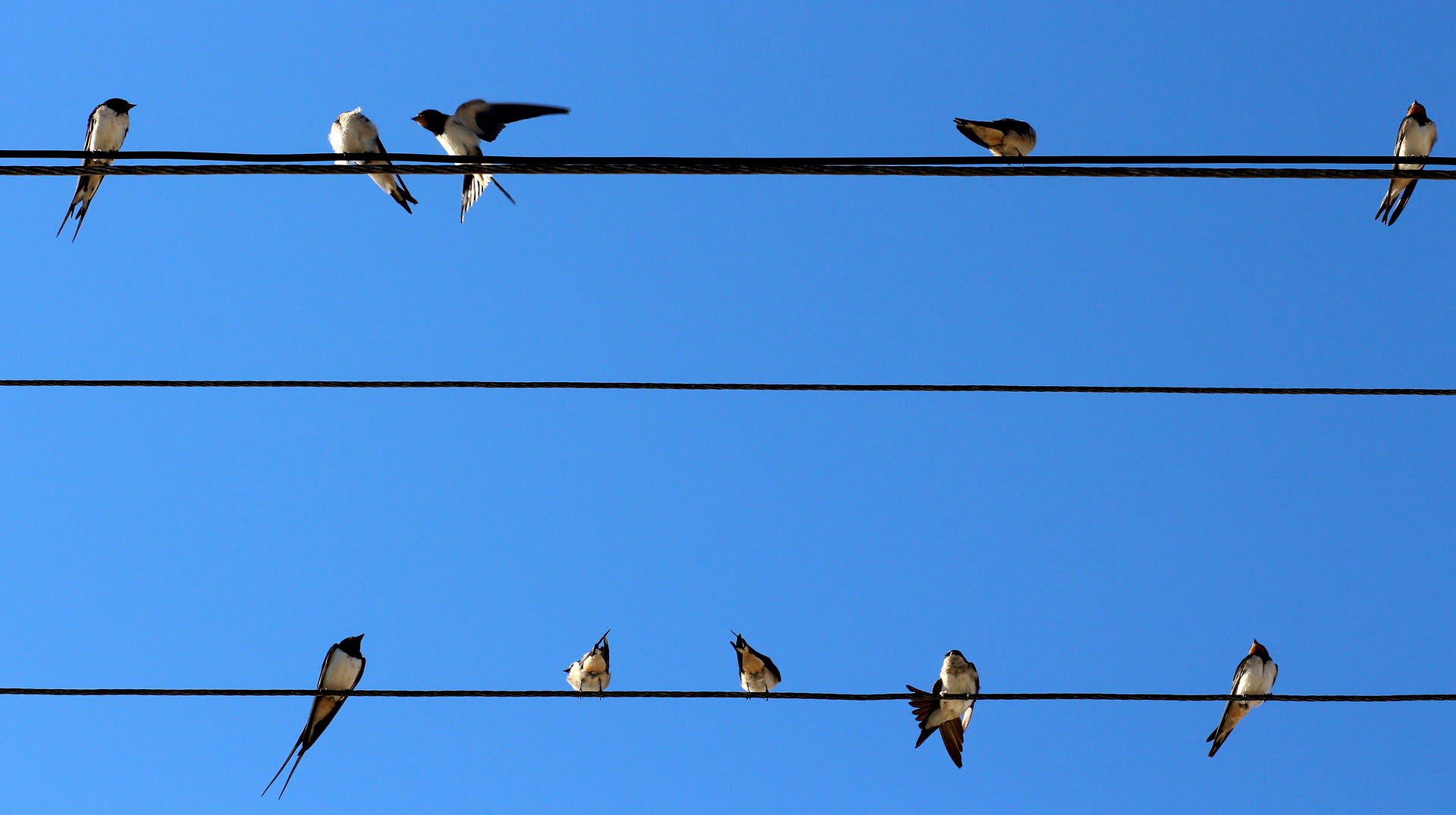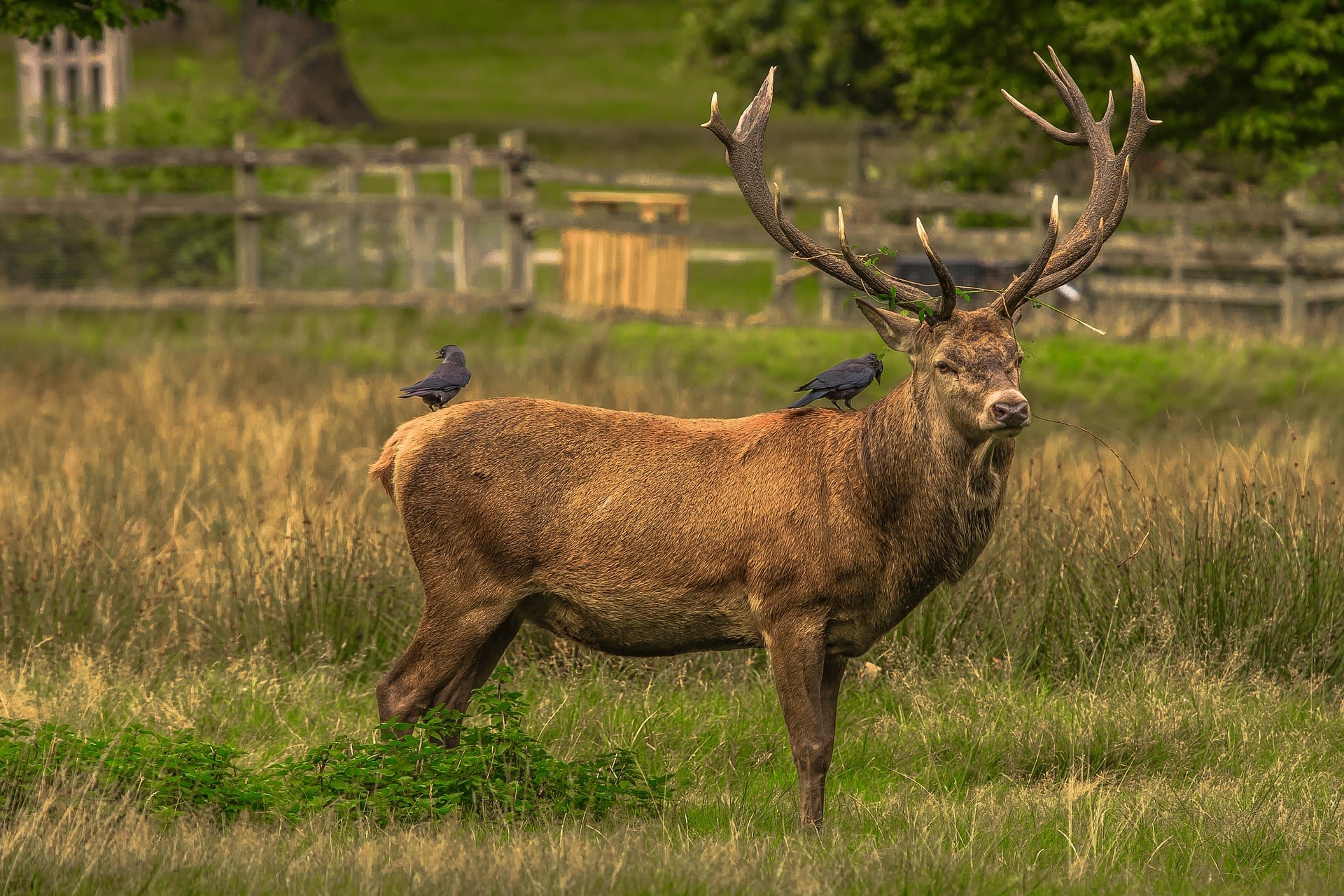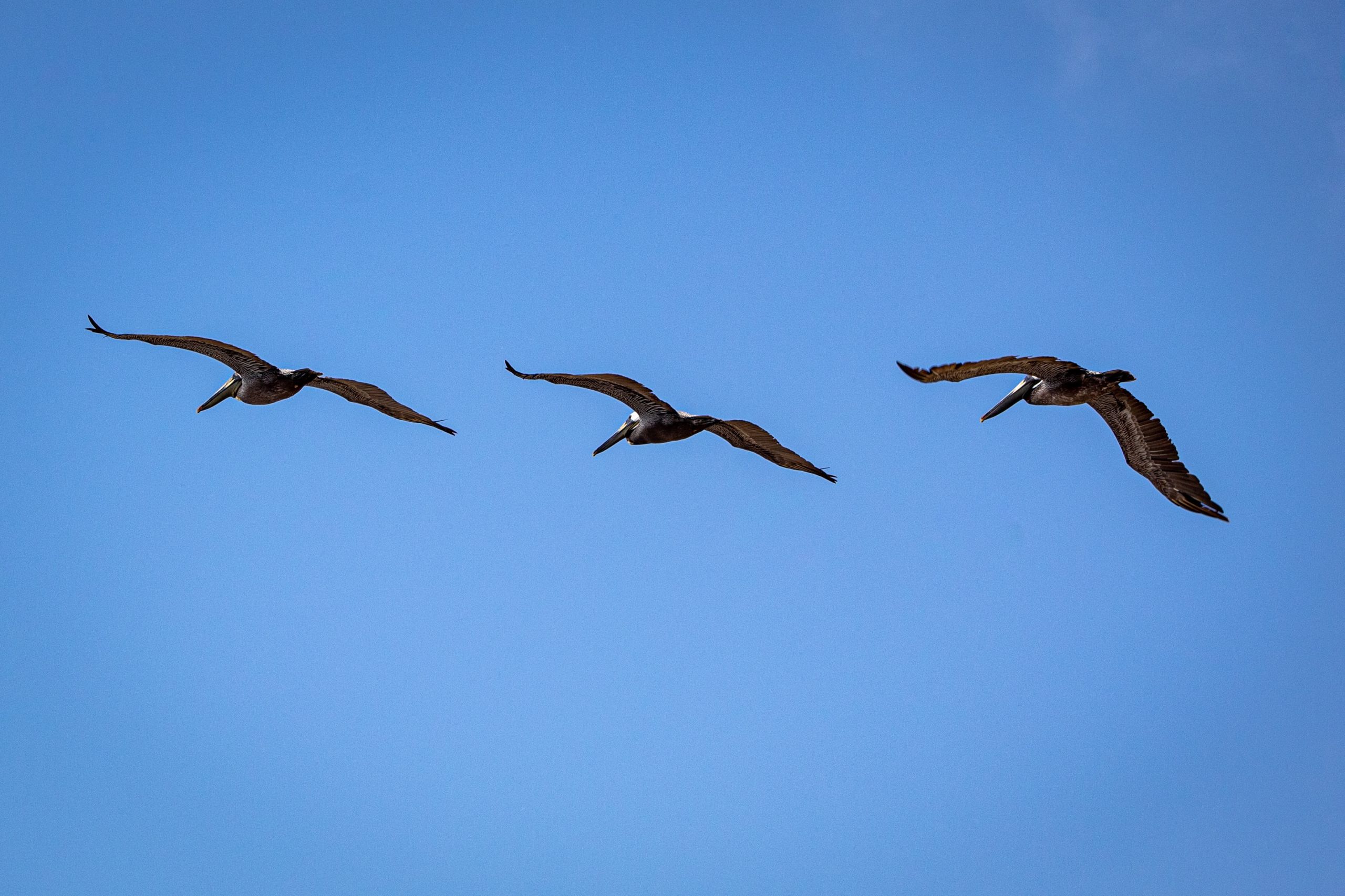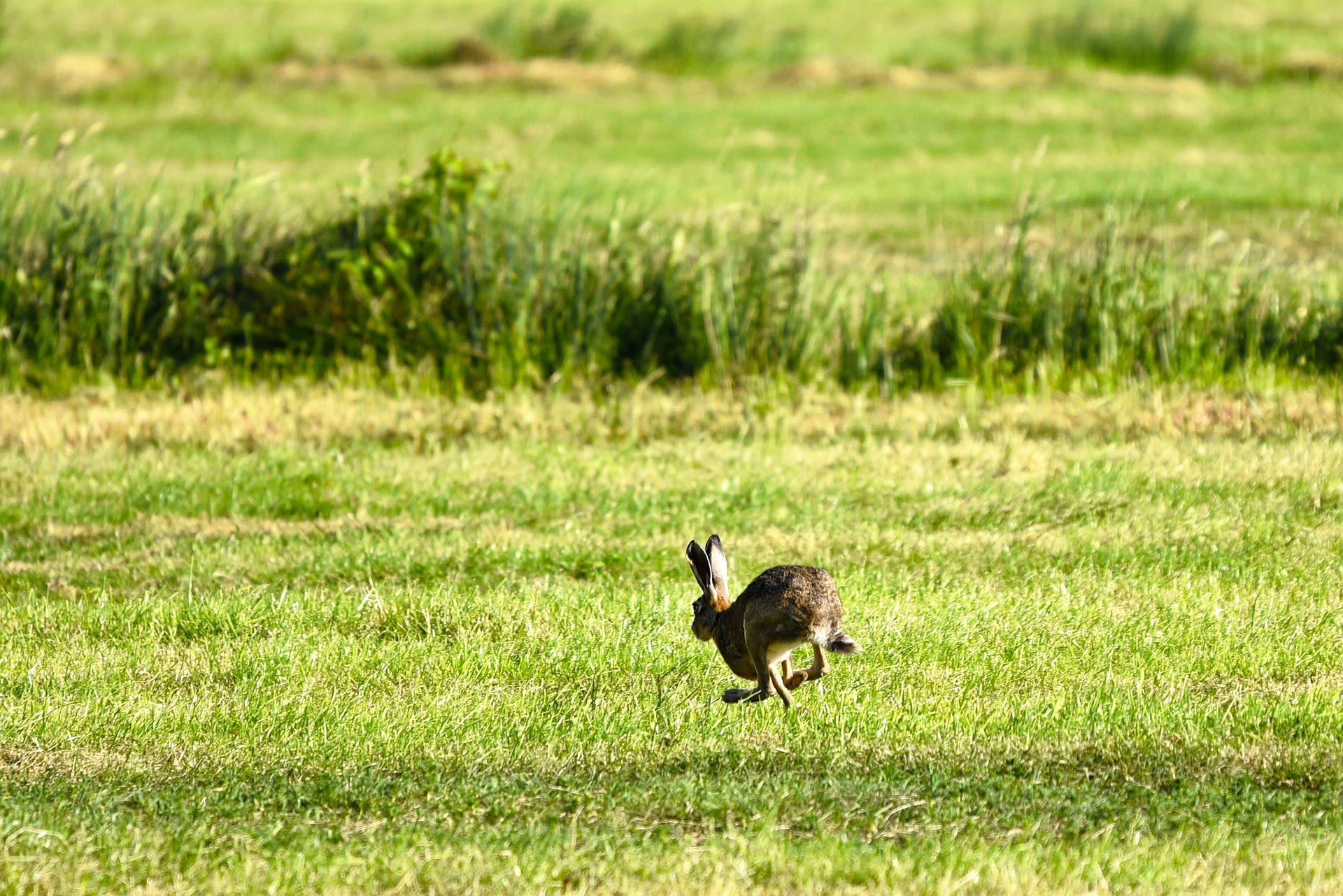Solitude and songbirds
Wildlife hangs on amid the coronavirus lockdown

Video created and voiced by Rebecca Cook
Video created and voiced by Rebecca Cook
People at home during the coronavirus lockdown found solace in the flowering of spring.
The din of beeping car horns was supplanted with bird song. Seed firms reported surging sales as those at home tended their gardens. Wildlife charities noted an increase in requests from people wanting to learn more about their natural surroundings.
Wildlife has been in a state of decline since 1970 and so has our relationship with it as we have become an increasingly eco-alienated society.
A 2019 United Nations report stated up to one million species are threatened with extinction.
The wide scale loss of wildlife in recent decades was dubbed a “biological annihilation” in the PNAS journal.
Conservationists were quick to quell reports that animals wandering through unlikely urban areas during lockdown demonstrated wildlife was bouncing back from such devastating loss.
RSPB spokesperson Tony Whitehead said: “We are still in an ecological emergency, and it will take much more than a few months “quiet” to put nature back, nature that we’ve been losing for decades.”
Yet lockdown has stirred a renaissance of our love for wildlife and nature.
A UK-led team of researchers have now launched an initiative, detailed in the journal Nature Ecology and Evolution, to track wildlife before, during and after lockdown.
They aim to reveal ways in which we can “share our increasingly crowded planet”.
Conservationists hope to mobilise the renewed interest in wildlife and green spaces to restore as much of it as possible.
University of Puerto Rico Professor Dr Serena Anderlini said: “In the first two weeks of lockdown people started seeing strange phenomena: in L.A. the air was clear, people could see the stars and they could see the Himalayas from India.
“It created this awareness that we can stop global warming if we want to. All it takes is a concerted effort to really restrict our consumption.
“There's a lot of potential for reinventing a world that is better than before. There is this idea that we want to go back to the way it was. But is that really what we want? Because that's how we got here.”



